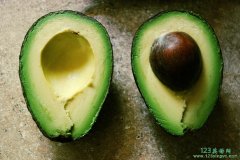高中英语阅读:少年毛泽东
编辑:高中作文网 阅读 次Mao was born December 26, 1893, into a peasant family in the village of Shaoshan, Hunan province. His father was a strict disciplinarian and Mao frequently rebelled against his authority. Mao’s early education was in the Confucian classics of Chinese history, literature, and philosophy, but early teachers also exposed him to the ideas of progressive Confucian reformers such as K’ang Yu-wei. In 1911 Mao moved to the provincial capital, Changsha, where he briefly served as a soldier in Republican army in the 1911 revolution that overthrew the Qing dynasty. While in Changsha, Mao read works on Western philosophy; he was also greatly influenced by progressive newspapers and by journals such as New Youth, founded by revolutionary leader Chen Duxiu.
In 1918, after graduating from the Hunan Teachers College in Changsha, Mao traveled to Beijing and obtained a job in the Beijing University library under the head librarian, Li Dazhao. Mao joined Li’s study group that explored Marxist political and social thought and he became an avid reader of Marxist writings. During the May Fourth Movement of 1919, when students and intellectuals called for China’s modernization, Mao published articles criticizing the traditional values of Confucianism. He stressed the importance of physical strength and mental willpower in the struggle against tradition. In Beijing, he also met and married his first wife, Yang Kaihui, a Beijing University student and the daughter of Mao’s high school teacher. (When Mao was 14 his father had arranged a marriage for him with a local girl, but Mao never recognized this marriage.)



